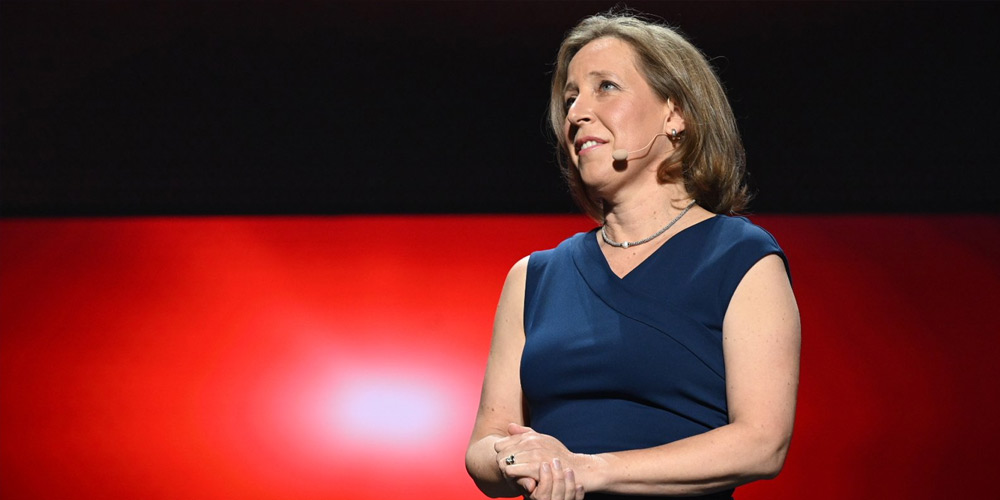YouTube is largest video hosting website in the world, and for that it has a huge impact in the society, the internet, as well has having known to directly shaped many world events.
By allowing practically anyone to publish videos inexpensively and distribute them freely, YouTube has been part of many academic education sources, a place for journalism, allowing innovation through distributed communities, helped build social awareness about social issues.
It also allows the expression of minorities, facilitating engagement between institution and individuals, affecting politics, as well as businesses in various industries.
The list just goes on.
And because many have used YouTube as a way to market and monetize, YouTube 'Partner Program' has allowed many to even earn a living from just creating contents to the platform, with the number of channels earning more than $100,000 continues to climb drastically year over year.
In other words, YouTube has become more than just a hobby for many people.

As explained by YouTube CEO Susan Wojcicki:
"Openness leads to opportunity. Creators have built an entire creative economy and are redefining the face of media. They are truly next-generation media businesses, with millions of views and global brands, who are contributing to local and global economies, and creating jobs. These are creators that would not have had a chance to break through in a more closed media landscape."
"Openness has also helped foster community (...) And finally, openness leads to learning."
But this birthed problems.
It's a difficult process to police such huge platform. No humans can flawlessly manage to comb the hours of videos uploaded to the platform every single second. Using algorithms and AI, the solution that was aimed to at least minimize issues, can still let some disturbing contents to slip through.
From harassment, hateful ideologies, and misinformation. They are all plaguing YouTube.
This is why Wojcicki said that the company is committed to enforce platform rules, more than ever before. And at the same time, rewarding creators, via a key set of tenets that it's using to improve its processes.
And this is by enforcing the "Four R's" guidelines:
- We REMOVE content that violates our policy as quickly as possible. And we’re always looking to make our policies clearer and more effective, as we’ve done with pranks and challenges, child safety, and hate speech. We aim to be thoughtful when we make these updates and consult a wide variety of experts to inform our thinking, for example we talked to dozens of experts as we developed our updated hate speech policy.
- We RAISE UP authoritative voices when people are looking for breaking news and information, especially during breaking news moments.
- We REDUCE the spread of content that brushes right up against our policy line.
- And we set a higher bar for what channels can make money on our site, REWARDING trusted, eligible creators. Not all content allowed on YouTube is going to match what advertisers feel is suitable for their brand, we have to be sure they are comfortable with where their ads appear.
As YouTube becomes more influential than ever, the platform is indeed the critical tools for many creative individual and groups. This is why, according to Wojcicki, YouTube needs to be more transparent about its policies, and enforce its stated rules more effectively to maintain trust.
"The future of this platform: openness and how we balance that with our responsibility to protect the community," said Wojcicki on her 2019 YouTube quarterly report on August 27th.
While YouTube is improving, the billions of users are clever beings.
If they still want to use YouTube for malicious purposes for whatever reasons, by leveraging this YouTube "openness" ideology, it's a tug of war between YouTube and the community. After all, YouTube depends on users, in many ways similar that people need YouTube to be seen.